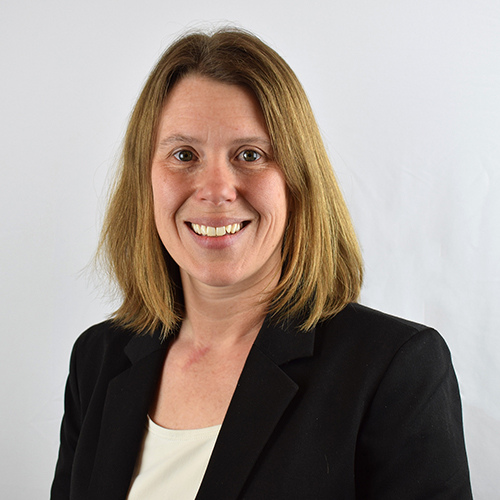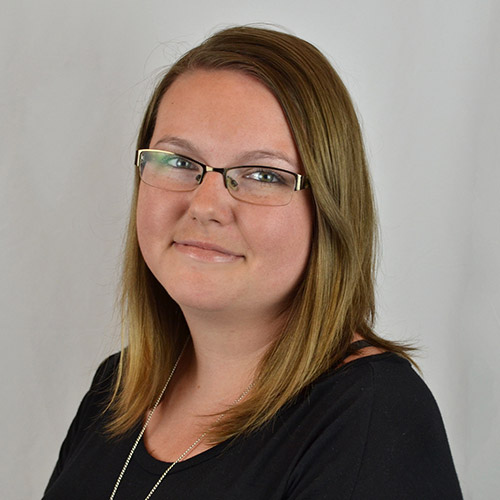UM higher education graduate students Dakota Robertson and Wendy Pfrenger presented at the National Rural Education Association Annual Conference (NREA) in Louisville, Kentucky, in October.

Their presentation: “Hybrid Mentoring as a Method for Improving Relational Infrastructure for Rural Youth,” focused on the ways that hybrid mentoring – combining both face-to-face and e-mentoring can help bridge geographic distances between universities and underserved, rural populations.
Pfrenger and Roberston also serve as staff members in UM’s Office of Pre-College Programs within the Division of Outreach and Continuing Education.
“I enjoyed the opportunity to learn alongside people who occupy different roles in the educational world and to make contacts for potential future collaborations, including two PhD students from other universities who are currently doing research in Tallahatchie and Sunflower counties,” Pfrenger, a PhD student and assistant director of Pre-College Programs, said. “Presenting and learning in these spaces is key for my professional growth, and I am looking forward to making use of what I have learned.”

The NREA Annual Convention brings together K-16 educators, nonprofit leaders, and administrators from all over the United States to discuss research in rural education. NREA serves as the voice of rural communities and is the oldest national establishment of its kind in the nation.
It is a membership organization that operates as a tax-exempt, nonprofit entity.
“By presenting at the NREA conference, I was able to apply what I was learning in my classes directly to my research with hybrid mentoring and first-generation students,” said Robertson, a master’s student and coordinator of Outreach programs. “Meeting with many people in various fields of educational work truly helped me to see just how multifaceted my work with first-generation students can be. I loved hearing about some of the many ways schools and colleges have worked together to overcome the challenges of being rural. I am excited to take what I learned at the conference and incorporate it into the curriculum for our summer programs this upcoming year.”
By Veronica Crawford